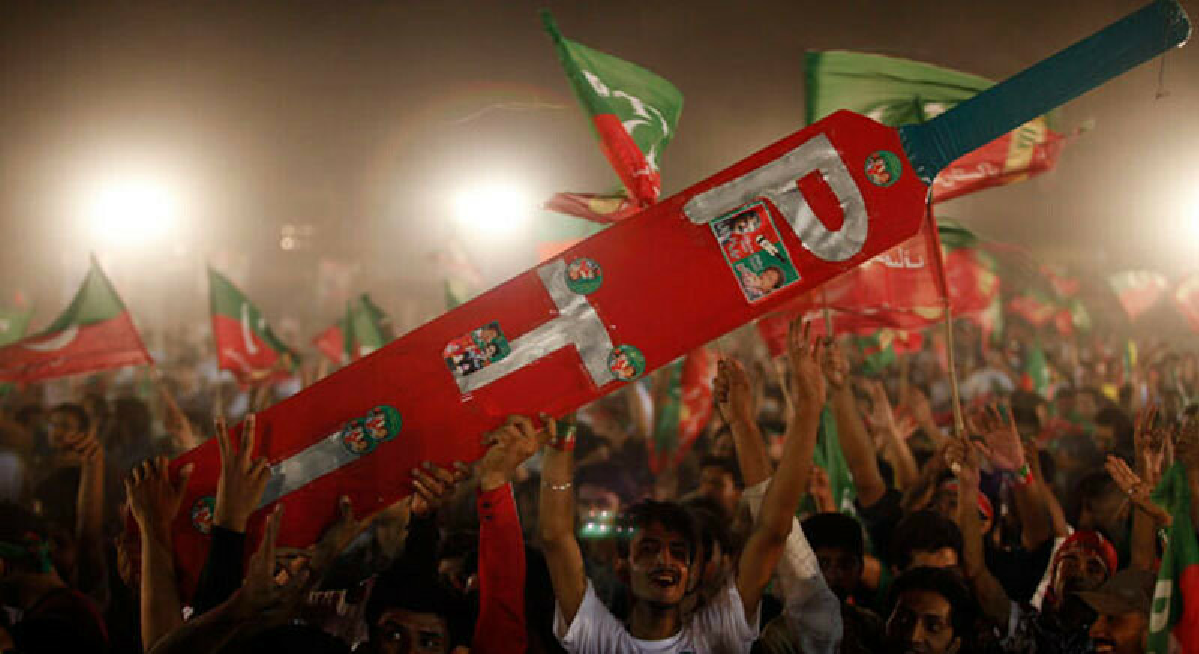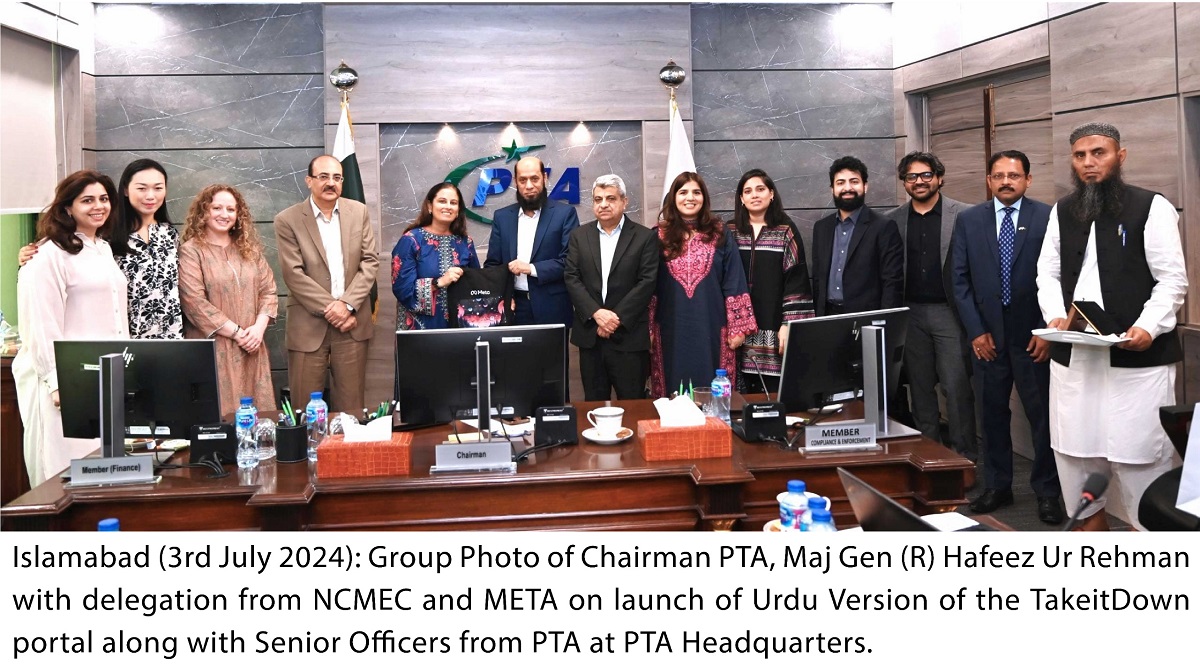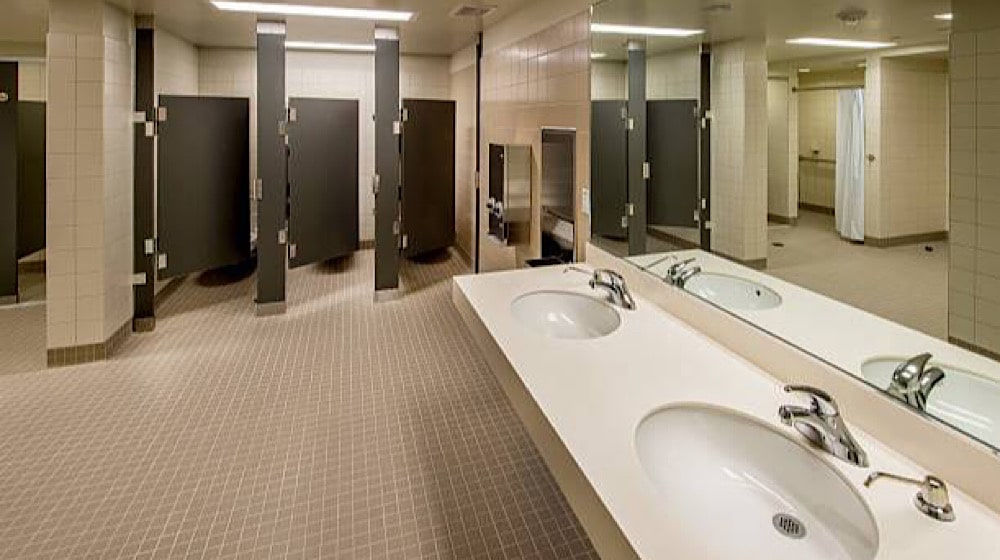PTI-backed independent candidates have emerged as a significant force in the recent general elections, surpassing other political parties in performance. However, there’s speculation about whether these candidates can coalesce to form the next central government.
Barrister Gohar Ali Khan, a leader of the PTI, asserted that before alleged rigging in favor of PML-N, PTI was leading with 170 seats in the National Assembly. He emphasized the party’s intention to pursue legal channels to address the alleged rigging.
This statement from Barrister Gohar came on the heels of PML-N supreme leader Nawaz Sharif’s declaration of victory, claiming PML-N as the largest party in both the Center and Punjab after the February 8th elections.
Technically, Nawaz Sharif’s claim holds weight since PTI contested through independent candidates due to procedural issues, losing its election symbol weeks before the polls.
Presently, PTI-backed candidates hold 100 seats in the National Assembly, followed by PML-N with 73 and PPP with 54, out of a total of 266 seats.
READ MORE: Virat Kohli to Sit Out Remaining Test Matches Against England
Considering the inclusion of 70 reserved seats, the total number of seats reaches 336, and for a simple majority, a party needs at least 169 seats.
According to Ahmed Bilal Mehboob, President of the Pakistan Institute of Legislative Development and Transparency (PILDAT), PTI might need to ally with major parties like PML-N or PPP to secure a majority in the lower house.
Mehboob elaborated on the possibility of PTI-affiliated independent candidates rejoining PTI within the three-day post-election period, highlighting the requirement of a party symbol for such a move, as outlined in Rule 94 of the ECP Rules of 2017.
He also mentioned the option for PTI-backed candidates to join other registered parties like MWM, subject to following the discipline of the respective party.
Regarding the potential for forming a government, Mehboob outlined scenarios where PTI or other parties could secure a majority or coalition to elect a prime minister.
However, he cautioned that if PTI-backed candidates choose not to join any party bloc, they may still contend for the position of Leader of the Opposition in the NA.
In essence, the dynamics of coalition-building and strategic alliances will shape the formation of the next central government in Pakistan.




